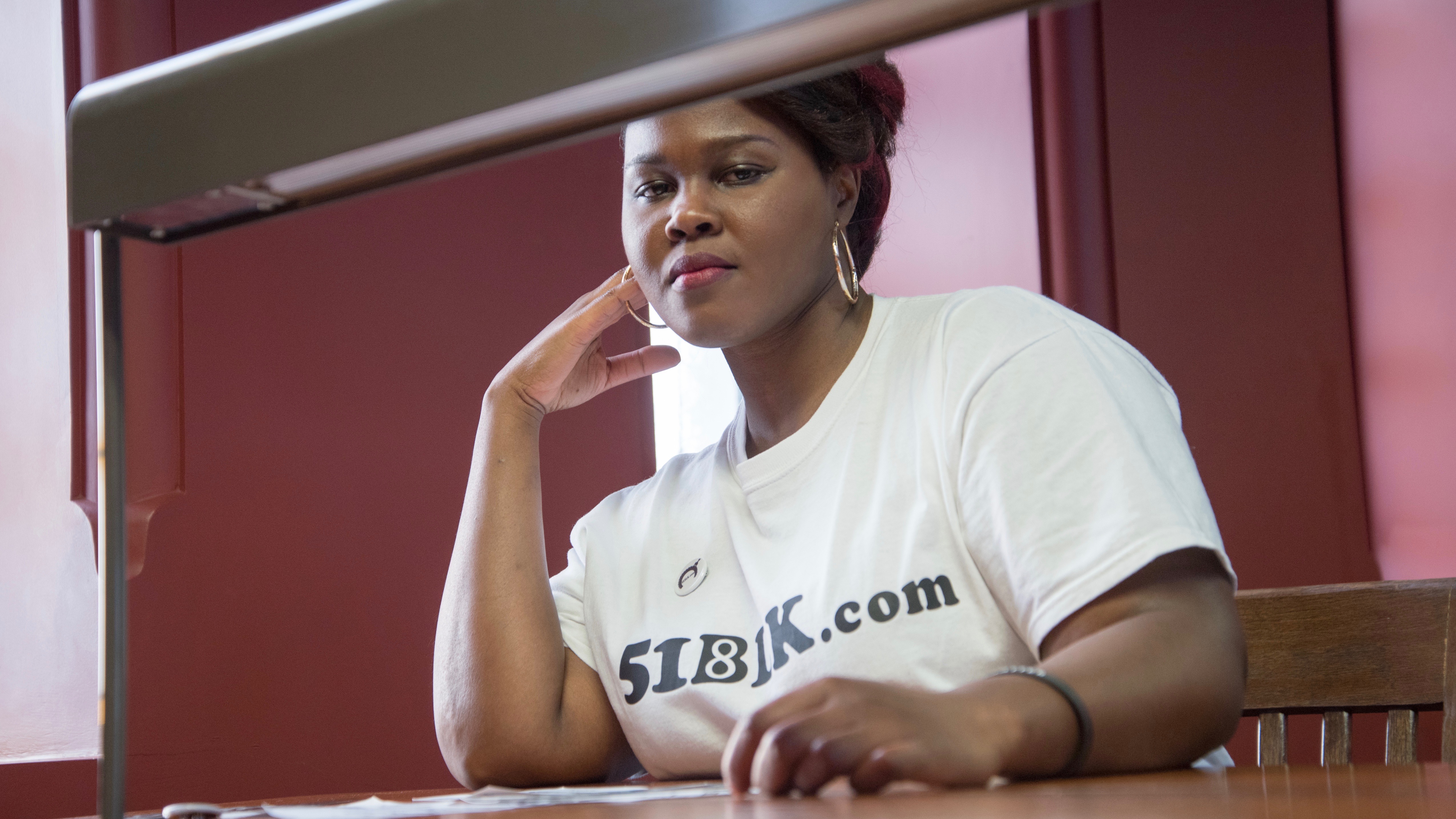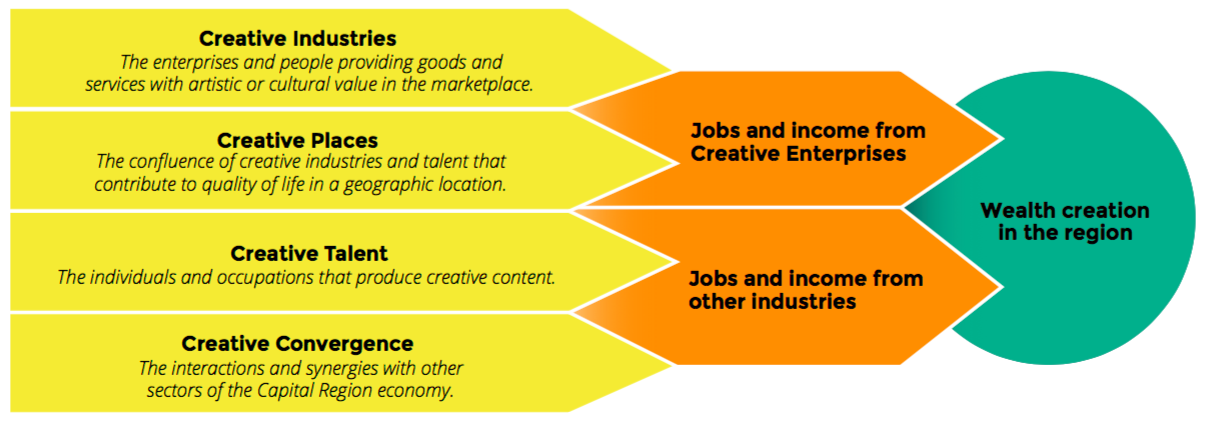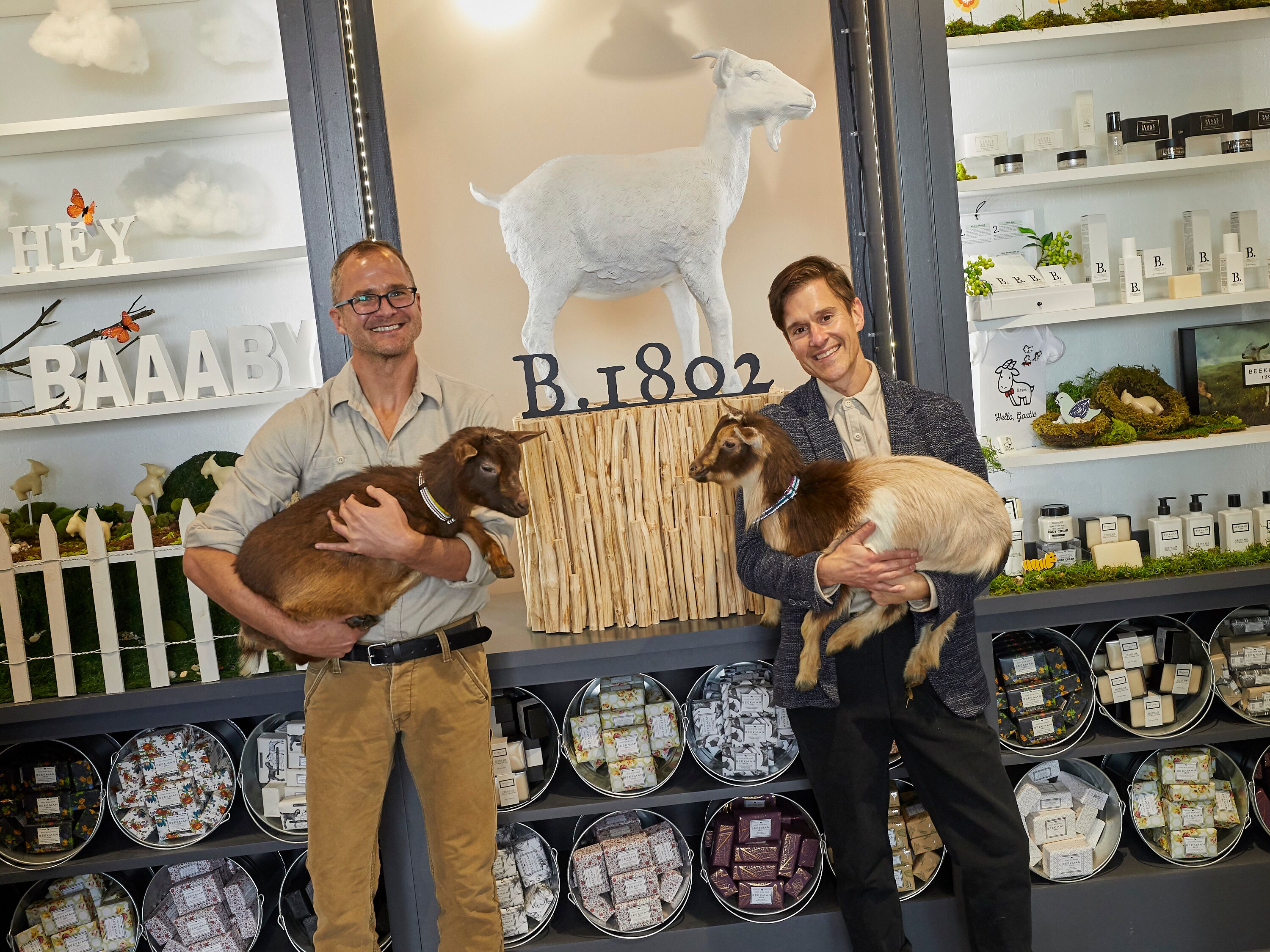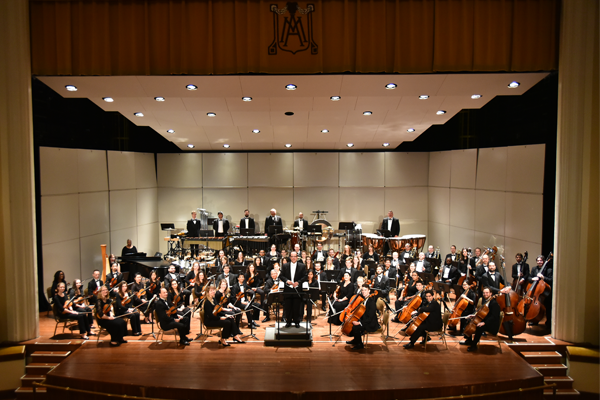photos by Thom Williams
Ada Harper is almost ready. Her dress–a green, shimmering, sequined affair–is finally on, her hair is braided; jewelry is all that remains. She fiddles with her earrings. “Can you believe it?” she asks me, incredulous. “I have the earrings, I just don’t have the backs.”
She looks around, and seems to make a decision. Taking a deep breath, she grabs the roll of paper towels and fashions herself an earring “back” out of paper.
“Making something out of nothing,” she says. “That’s ingenuity. That’s why black people are some of the most hated and imitated people in the world,” she tells me.
The earrings stay on all night.
We’re at 518blk.com’s New Year’s Eve Bash, an event that Harper has organized in conjunction with Levels Banquet Hall, on North Pearl Street in Albany. The ball is yet to drop, and guests are just starting to filter in. In a few hours, Harper will be dancing frantically to the music spun by DJ Supreme, and a few hours after that, Harper will, out of pure exhaustion, fall asleep in the VIP Lounge, surrounded by empty bottles of champagne. (She will be woken up by an owner of Levels, who will giggle at her predicament). But that’s all in the future. As of now, the party has yet to begin and the air is thick with anticipation.
***
Ada Harper is the creative vision and director behind 518blk, a website designed to cater to the Capital Region’s community of color. In the more than two years that Harper has been running 518blk, the website has attracted nearly 400 likes on Facebook and 600 followers on Instagram, and, with its “Melanated Weekend Report,” has become a valuable resource for the region’s black and brown residents looking for something interesting to do in Albany, Schenectady, Troy or beyond.
Levels co-owner Tatiana Cunningham sings with praise of Harper. “Ada is one of those people who can touch any crowd; she can fit in anywhere. She has a great personality.”
Harper herself is frank about her positive attributes. “I’m outgoing and friendly and bubbly,” she says. It is New Year’s Day, and we are at Umana Restaurant and Wine Bar for brunch and bottomless mimosas. Harper is just as bright and animated as she was last night, though she is more dressed down this morning, in jeans and a jacket.
518blk started as a desire to get people, especially fellow black people, connected to events already happening in the Capital Region. While today Harper considers social engagement her primary job, making connections between people started as a hobby; she did it for free on meetup.com, where she would frequently organize groups. It was at a meetup event where Harper met newcomer to the region, Alfonso Rodriguez. “He told me there was nothing to do in this region, and I was like, (she slams the table for emphasis) ‘Don’t say that! I’ll show you what there is to do.’ People were always hitting me up to find out what’s going on around town, because I’m a girl who likes to have a good time, you know? I just always know what’s going on. Eventually, I thought I should just put all this information on a website.”
Thus, 518blk was born. The site came online in August 2016, when Harper was still working at Excelsior College, before she was laid off and the website became her main focus. She approached DeSean Moore, local activist and graphic designer, for help building the website. It wasn’t the first time Moore had heard someone express a need for a cultural hub for the region’s communities of color, but Harper’s plans resonated with Moore. “Ada was very open and honest about what she was trying to do, and seemed very genuine,” he says. Besides, with everything that was going on in the world, a platform that emphasized black-owned businesses, which could potentially invest resources back into a struggling community–it was appealing. “It was the time of Trayvon Martin and Michael Brown,” says Moore. “The need to work together was greater than the need to be skeptical of each other.”

Ultimately, Harper does see herself as doing more than just building a website–she sees herself as a catalyst in this region for the economic development of the black community. “There’s a lot of free money out there,” she says to me. “But I don’t want to just go to Walmart and fill out a sponsorship application. I want to feature black-owned businesses if at all possible,” Harper tells me. “I want to feature Umana, or Troy Kitchen,” which are two black-owned restaurants in the Capital Region.
For Moore as well, there’s an economic vision at play; one of revitalization for the African-American community. “We’re going to take our money out of institutions that don’t support black lives, that don’t cherish black lives. We’re going to have to invest. We’re going to have to put money in black peoples’ pockets,” he tells me. Does Moore worry about the narrow focus of 518blk’s stated aim? “We have to be that way, these days. We’re not worried about anybody else, because I don’t think anybody else is worried about us.” He cites the terrible unemployment rates for black people–which is 8.8 percent nationwide, according to NPR. And he talks about the young black people he knows in the area who are having trouble finding work. “It’s about creating employment in black communities, and employment in abundance,” he says
To Tatiana Cunningham, Harper is filling a void in the black community that was left when Cunningham’s grandmother, Annette De Lavallade, passed away in 2010. De Lavallade wrote, published, and distributed the local magazine Classique, which was produced with the region’s African-American population in mind. Classique was published with the intention of “bringing positive attention about the black community to light,” as well as functioning as a sort of event calendar for the community. “When my grandmother passed away, the ball dropped, but Ada picked it up,” says Cunningham, though she agrees that what Harper is doing is more “up-to-date” than De Lavallade’s efforts. “When I found out about 518blk, it brought me back to my grandmother writing, doing interviews, putting everything together on her own.”
Harper points to a lack of diversity in the media when it comes to covering events frequented by people of color, and the need for the entertainment desks at various media publications across the Capital Region to cover these events more seriously. She identifies All Over Albany as a publication that fails to cover events popular with people of color with the same zeal as they do “white” events, and tells me she wants to remedy this situation. (“I want to be the black All Over Albany!” she tells me, exuberantly.)
Greg Dahlmann of AOA applauds Harper’s initiative. “If people feel like they’re not being served, it’s admirable to build something to serve as an alternative,” he says. “But that also doesn’t let the rest of us off the hook from doing the work to be more inclusive.”
It’s true that Harper isn’t quite there yet. 518blk.com’s website does not compare to All Over Albany’s in terms of content, sophistication, or layout–nor does she have the followers that AOA commands on social media. Her blog posts are yet to attract commenters, and the social media activity of 518blk is much less frenetic than that of AOA or other local media outlets. It is partly a reflection of how new Harper is at all of this, and partly about how Moore and Harper have no staff. Harper is a full-time student at Excelsior College, where she is getting her MBA, and Moore runs his own graphic design company, Moore Than Vision.
What does Moore say to all of this? “This is not a situation where it’s going to be an overnight success,” he tells me. “When [the site] gets to the point where we can hire a full staff and make the thing come alive, then people will see the vision. It’s in a beta stage right now, but it has great potential.” Moore also notes that unlike other media enterprises in the region, 518blk has no financial backing from anyone, and that Harper is doing this alone.
“I think Ada is doing a great job,” insists Cunningham, who has reason to be grateful to Harper. When Levels was struggling under the weight of distrust from city officials, who held up their liquor license for months, Harper reached out to the black women-owned business, and offered to throw her launch party at the then-struggling banquet hall. It was the biggest event they had ever had, up until that point.
“There was no liquor,” says Moore, about the launch party. “Just a good time, with a good presentation, with good performances.”
***
Harper struggles to put together the “selfie wall” for the New Year’s Eve Bash. The backdrop is simple; white vinyl with the 518blk logo splashed on the back, and is held by a metal frame, which Harper needs to assemble by hand. She wonders which pole attaches where, cursing when she realizes she’s put the frame together wrong. She hunkers down to undo her handiwork.
A cameraman wanders over to watch her work. He makes a move to help her, and Harper smiles at him, kindly. With an edge to her voice, she tells him, “I can do it myself, you know.”





